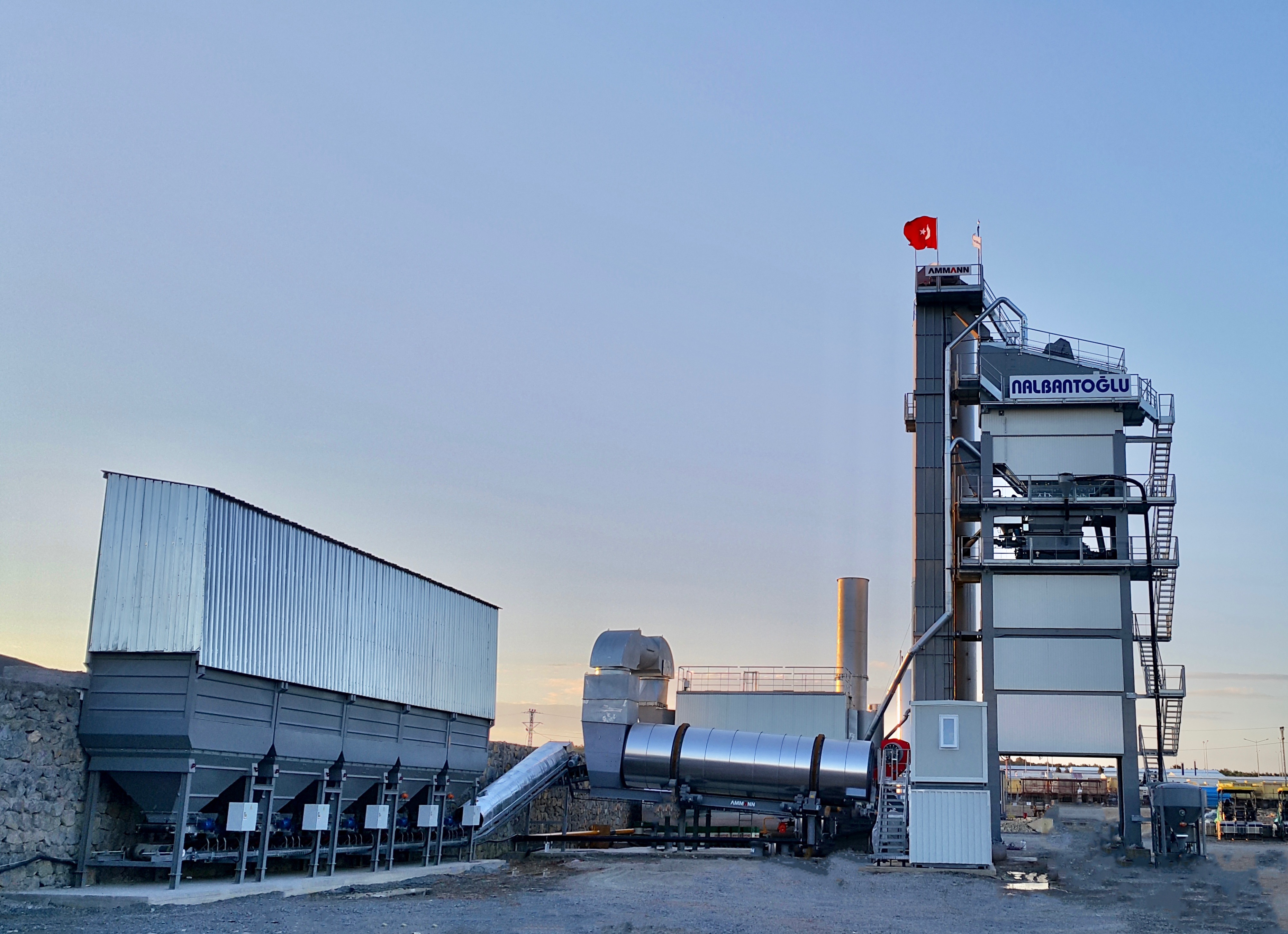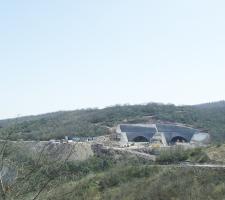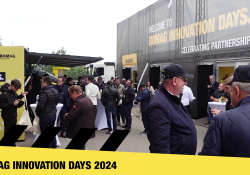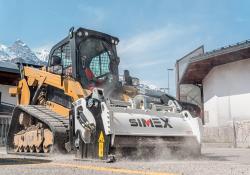
International law firm Winston & Strawn LLP has advised on major project financing for two sections of the highway. The structure for implementation of the Project is based on the build-operate-transfer (BOT) concession model. The two concessions for the project have been granted by the General Directorate of Highways (
The Dubai-based Winston team, led by partner, Shibeer Ahmed and supported by associates, Rajwah Al Kuhaymi and Shaheer Momeni, served as international counsel to Avrupa Otoyolu Yatirim ve Iletme for the 80km European section of the Project and KMO Anadolu Otoyol Isletmesi for the 190km Asian section of the Project. The 270km highway will connect to either side of the new Third Bosphorus (or Yavuz Sultan Selim) Bridge.
The Third Bosphorus Bridge is 2.164km long, features eight car lanes and two railway lines. When complete, the North Marmara Motorway Project and the Third Bosphorus Bridge will provide an alternative crossing and connection between the Asian and European regions of Turkey. This will bypass the two existing bridges in the centre of Istanbul which are heavily congested during peak periods.
The project sponsors consist of a consortium of leading Turkish construction groups including
The total debt financing for the project is US$2.764, with $1.04 billion for the European section and $1.634 billion for the Asian section. This was arranged by the offshore branches of Türkiye Garanti Bankası, Türkiye Bankası, QNB Finansbank, TC Ziraat Bankası, Türkiye Halk Bankası, and Türkiye Vakıflar Bankası TAO acted as the mandated lead arrangers of the debt facilities. The lenders will benefit from Turkey’s new debt assumption regulation, under which either all or part of the project debt will be assumed by the Turkish Treasury on termination of a concession, depending on the reason for the termination.
“The North Marmara Motorway Project involves an innovative risk-sharing arrangement between the public and private sectors which will be used as the model for other major transport infrastructure projects in Turkey in the future,” said Shibeer. “The project will provide an important link between the Asian and European regions of Turkey significantly reducing travel time and helping to implement the Turkish government’s plans for increased economic activity in the region.”
Meanwhile asphalt plants from
The company has completed a number of high-profile projects, including creating mix for 70% of the roads in Kayseri, the city where it is headquartered.
The Northern Marmara Motorway is much of the company’s focus through the end of 2018. Nalbantolu naat is producing a great deal of mix for the fourth section of the highway, which will be connected to the Osmangazi Bridge. The company’s portion of the work is a 36km stretch that has been under construction for about three years.
When completed, travel to Istanbul’s third international airport will be much faster, and traffic relieved in high-congestion areas. “It is a profound investment from which the economy, sociocultural structure and tourism will benefit,” said Ali Nalbantolu, chairman of the board of the asphalt company. “The size and the importance of the project are huge. To be part of such an important project is very exciting both for me and the whole company. For more than 20 years, we have improved our road building techniques and engineering, and with this experience and know-how, we will complete the project in due time and with success.”
Nalbantolu naat initially used a single Ammann ABA UniBatch plant on the project. “This is our fifth Ammann asphalt-mixing plant,” Nalbantolu said.
The plant was chosen because of its low operational costs and high capacity. The optional additive system, which enabled use of FiberTEK, was another consideration. So successful was the first ABA UniBatch that Nalbantolu naat recently purchased a second such plant for the project. In addition, the company acquired an ABA UniBatch 340 with RAH 50 recycling dryer for use near Kayseri. The company now owns five Ammann asphalt plants, while the paving company also purchased an Ammann MechTEK Mechanical Stabilisation Plant to produce cold-mix for the job.
“We will provide 2.5 million tonnes of cold-mix,” Nalbantolu said. “The cold-mix plant has many benefits: high capacity, precise dosing, an ability to handle a wide range of additives and operator-friendly software that enables recipe storing, statistical reporting and customisation.”
Using a plant dedicated to cold-mix production has helped keep the project on track. “The plant has large output in a short time,” Nalbantolu said. “It uses less power and the fact that it’s a separate operation helps with jobsite logistics. The wearing parts have long life, and therefore reduced maintenance costs. Our management also can remotely connect to the machine to monitor daily operations.”













